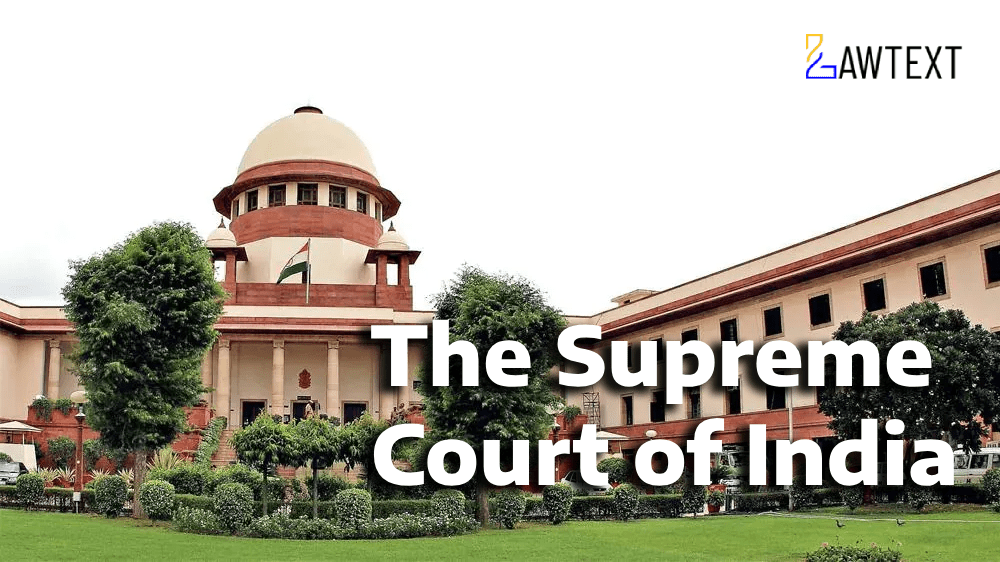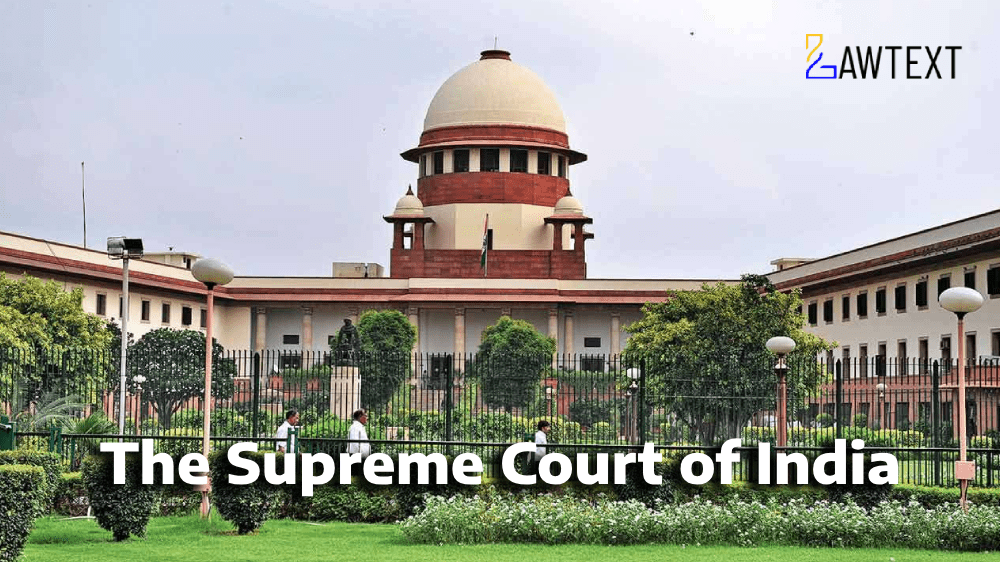Case Note & Summary
The Supreme Court addressed an appeal filed by the Insolvency and Bankruptcy Board of India (IBBI) against a Bombay High Court judgment that quashed a criminal proceeding initiated under the Insolvency and Bankruptcy Code (IBC), 2016. The crux of the case involved the withdrawal of a petition under Section 12A of the IBC after a failed One Time Settlement (OTS) with a financial creditor.
Insolvency and Bankruptcy Code, 2016 (IBC)
Section 236: Trial of offenses under the IBC. Section 73(a) and 235A: Pertaining to penalties for non-compliance with the IBC provisions.Code of Criminal Procedure, 1973 (Cr.P.C.)
Sections 190, 193, 200: Relating to the procedure for initiating criminal cases.Companies Act, 2013
Chapter XXVIII: Establishment of Special Courts under the Companies Act. I. Factual Background (Paras 1-2) Corporate Insolvency: SBM Paper Mills Pvt. Ltd. initiated insolvency proceedings under Section 10 of the IBC in 2017. One Time Settlement (OTS): The Respondents (Ex-Directors) failed to comply with the OTS terms with the Allahabad Bank, leading to prosecution. II. Submissions (Paras 3-17) Arguments by IBBI: The Appellant argued that the offenses under the IBC should be tried by Special Courts established under the Companies Act, 2013. The High Court was incorrect in its interpretation that the Companies (Amendment) Act, 2017 removed the Special Court’s jurisdiction over IBC cases. Respondents’ Defense: The Respondents contended that the Special Court consisting of a Sessions Judge had no jurisdiction post the 2017 amendment and sought quashing of the prosecution. III. Consideration of Statutory Provisions (Paras 18-25) IBC & Special Courts: Section 236 of the IBC, which establishes that offenses under the Code are to be tried by Special Courts as per Chapter XXVIII of the Companies Act, was scrutinized. IV. Consideration of Precedents (Paras 26-40) Legislation by Incorporation vs. Reference: Key issue revolved around whether Section 236 was a "legislation by incorporation" or "legislation by reference". The Court concluded that it was legislation by incorporation, meaning subsequent amendments to the Companies Act do not affect the Special Court's jurisdiction over IBC cases. V. Conclusion (Paras 41-49) Judgment: The Supreme Court held that offenses under the IBC must continue to be tried by Special Courts established under Chapter XXVIII of the Companies Act as it existed at the time of the IBC's enactment, and amendments made later do not alter this. Ratio Decidendi:The Supreme Court ruled that the jurisdiction of Special Courts under the IBC is based on the law as it existed when the Code came into effect. Amendments to the Companies Act do not affect the applicability of the IBC provisions. Thus, the High Court erred in quashing the criminal proceedings against the Respondents.
Subjects:Insolvency, Criminal Jurisdiction, Special Courts
Insolvency and Bankruptcy Code, Companies Act Amendments, Special Courts, Criminal Procedure, Legislative Interpretation
Issue of Consideration: INSOLVENCY AND BANKRUPTCY BOARD OF INDIA VERSUS SATYANARAYAN BANKATLAL MALU & ORS.
Premium Content
The Issue of Consideration is only available to subscribed members.
Subscribe Now to access critical case issues





